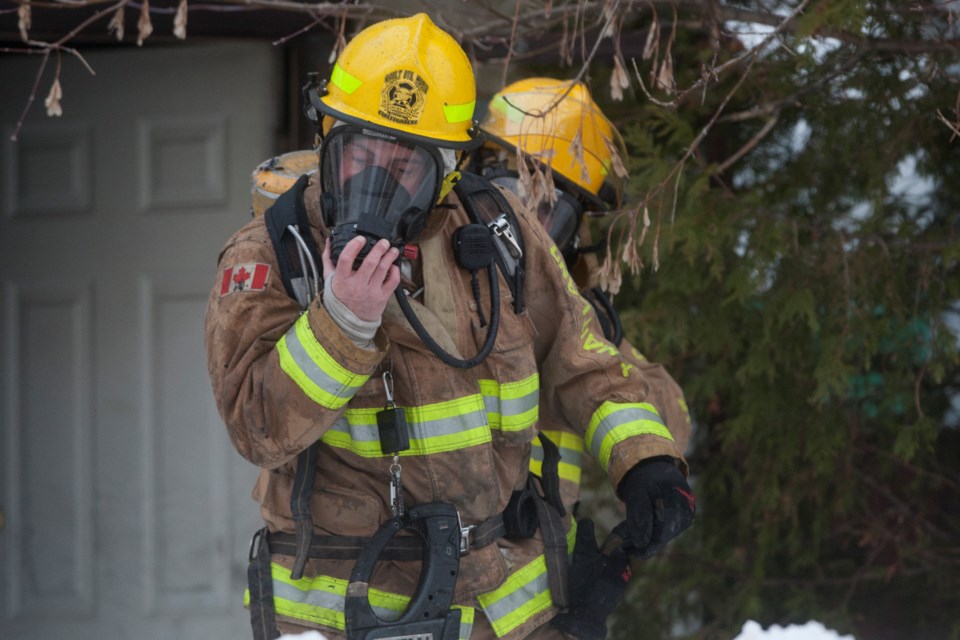City management is blaming an almost $1-million over-spending on fire services last year on claims made by firefighters to the Workplace Safety and Insurance Board.
The city’s chief financial officer said the city chose not to budget for those claims.
Slightly more than $15.5 million was budgeted by the city for salaries and benefits within fire services in 2016, but the city actually spent more than $19.5 million — more than a 25 per cent increase.
In an e-mail to SooToday, Shelley Schell, the city’s chief financial officer, said $1.4 million of the overspend was due to presumptive cancer and post-traumatic stress disorder claims made through WSIB.
“As the presumptive cancer and PTSD were both new types of claims there was no trend to base the estimates upon. At the time the 2016 budget was prepared it was not anticipated to be as significant as the actual reflects,” wrote Schell in the email.
As a result, said Schell, the city chose not to include the anticipated claims in the 2016 budget.
“It was to be covered using the contingency reserve, albeit it was much higher than anticipated,” said Schell.
In a report to council, Jacob Bruzas, manager of Audits and Capital Planning, said the actual costs for PTSD and presumptive cancers came in well under the estimate.
“It was anticipated that the City would pay out a total of $1.5 million to the end of 2016 for the WSIB retroactive claims, and a further $250,000 for Post-Traumatic Stress Disorder (PTSD) retroactive claims, based on third quarter estimates. The actual total amount incurred to Dec. 31, 2016 was $1,400,000; $350,000 less than what was predicted,” said Bruzas in the report.
Once claims began coming in, said Schell, the city took mitigating measures to reduce the overall impact on the fire services budget.
In the end, fire services ended up $985,700 over budget for 2016.
In 2014, the province announced lung cancer to the occupational diseases that could be claimed by firefighters beginning in 2016 due to the risk of exposure to carcinogens during the course of their duties.
The two-year gap between introduction and implementation was made, in part, to allow municipalities to address the new claims in their 2016 budget.
Ottawa, for instance, added $3 million to their fire services budget to address the anticipated claims.
Matthew Shoemaker, councillor for Ward 3, said he wonders if the situation could have been handled differently..
“It would seem we could have eased the increase in over two years, rather than take the hit all at once,” said Shoemaker.
Prior to Jan. 1, 2016, if an active or retired firefighter in Ontario had lung cancer, the onus was on them to prove it was work related before a claim would be granted.
